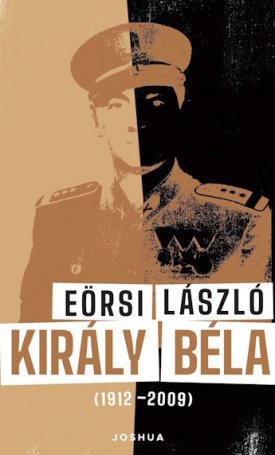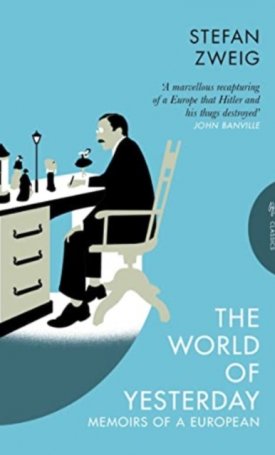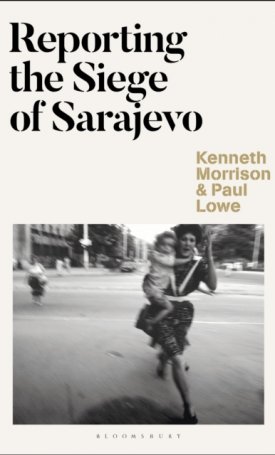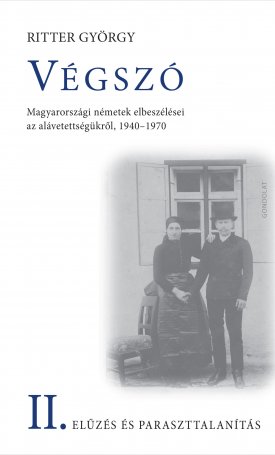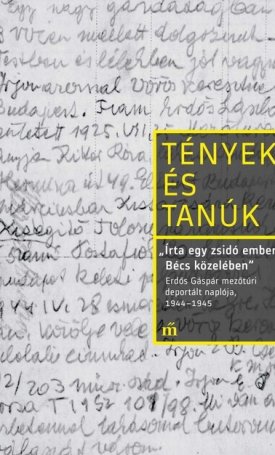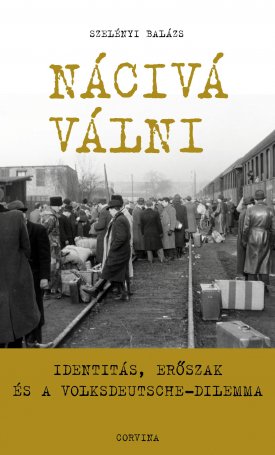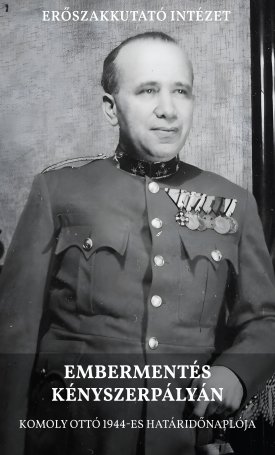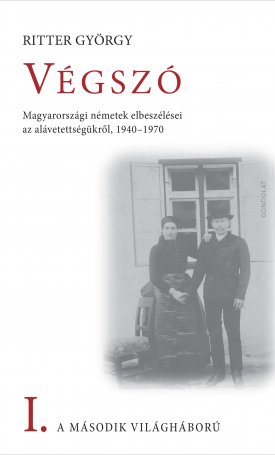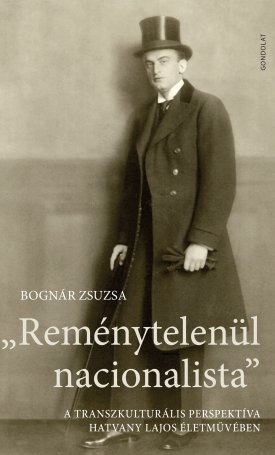In defense of Christian Hungary - Religion, Nationalism, and Antisemitism, 1890–1944
-10%
11 600 Ft
10 440 Ft
Preorder(You have to login)
Discounted prices are valid only for orders placed through our webshop.
In defense of Christian Hungary - Religion, Nationalism, and Antisemitism, 1890–1944
In Defense of Christian Hungary also explores the emergence of the idea that a destructive “Jewish spirit” was the national enemy. In combining the historical study of antisemitism with more recent considerations of religion and nationalism, Hanebrink addresses an important question in Central European historiography: how nations that had been inclusive of Jews before World War I became rabidly antisemitic during the interwar period. As he traces the crucial and complex legacy of religion`s role in shaping exclusionary antisemitic politics in Hungary, Hanebrink follows the process from its origins in the 1890s to the Holocaust and beyond.
More broadly, In Defense of Christian Hungary squarely addresses the relationship between antisemitic words and antisemitic violence and between religion and racial politics, deeply contested issues in the history of twentieth-century Europe. The Hungarian example is a chilling demonstration of how religious nationalism can find a home even within a pluralist and tolerant civil society.
“I agree with Paul A. Hanebrink that modern nationalism, rather than leaving old-fashioned religion and religiosity behind, today often forms a partnership with it and that in Hungary, religiosity was a concomitant part of nationalism. Hanebrink is right that, until now, no one has adequately demonstrated the overwhelming importance of antisemitism in formulating Catholic nationalist policy. Today, when there seems to be an international effort to awaken the Vatican and the Catholic Church in general to its responsibility for the `success` of the Nazi Holocaust project, Hanebrink`s contribution on the complex Hungarian solution is crucial.”—István Deák, Seth Low Professor Emeritus of History, Columbia University
A szerzőről:
Paul A. Hanebrink is Associate Professor of History at Rutgers University.
Publisher: Cornell University Press
Category: Történelem / 20-21. század, Vallás / judaisztika, Politika, Társadalomtörténet, Történelem
Category: Történelem / 20-21. század, Vallás / judaisztika, Politika, Társadalomtörténet, Történelem






